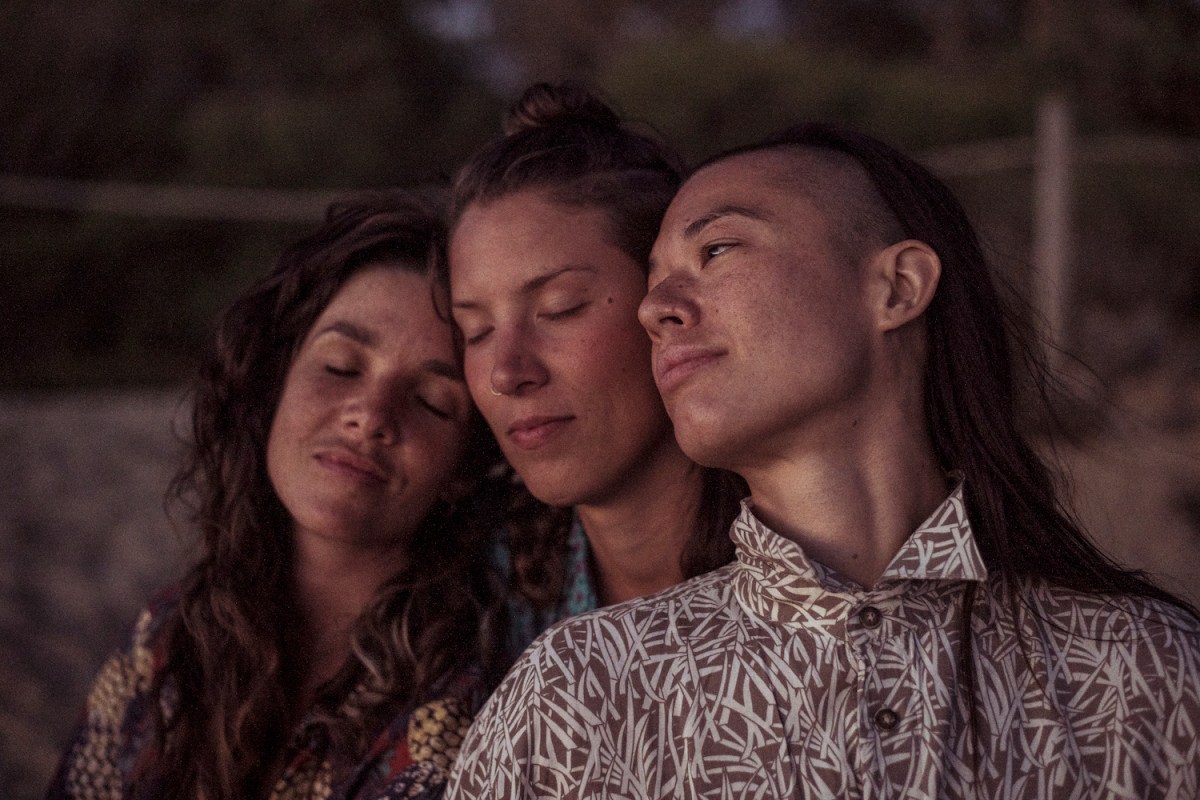Queer people have long been made into ammunition fueling the relentless culture wars. Of late, lesbian lawmakers have been compared to pedophiles, politicians have taken aim at drag queens and gender-affirming health care has rolled so far back that Minnesotans are pushing to establish a “refuge state” for trans people. But yesterday, queer people in Somerville, Massachusetts finally had a reason to pop that Cara Delevingne–branded prosecco when the city council passed an ordinance that promises to protect polyamorous people from workplace and police discrimination.
The ordinance applies to people in consensually non-monogamous relationships, including polyamorous folks who have more than one committed romantic or emotional partner and whose partners are also committed to one another. And while not everyone in polyamorous relationships identifies as LGBTQ+, there’s considerable overlap between the two communities, which both challenge conventional ideas of love.
Advocates for polyamory and non-normative relationship structures have long decried what they’ve coined “couple’s privilege,” or the sociopolitical advantages afforded folks who have traditional, usually heterosexual, romantic partnerships and marriages. Aside from basic social acceptance, there are concrete protections and benefits baked into our legal system for couples, including tax breaks and rigid rules around personal privacy and medical support.
Sophie Lucido Johnson Writes (And Draws) About Parenting (And Polyamory) Better Than Anyone
We caught up with the Chicago author, illustrator and “New Yorker” cartoonistIn 2020, Somerville was again in the news regarding its passage of a different historic ordinance honoring domestic partnerships, which included polyamorous relationships. At the time, The Boston Globe reported that the issue arose “because of the coronavirus pandemic,” when unmarried residents in committed relationships had “concerns about being able to visit sick partners in the hospital.”
While the 2020 ordinance was cheered, advocates felt there was still plenty of work to be done to support those with unconventional relationship structures. Though it’s considered perfectly kosher to openly discuss one’s monogamous relationship or marriage in the workplace, Diana Adams, executive director of the Chosen Family Law Center, told The Boston Globe this week that poly folks and others in consensually non-monogamous relationships encounter “rampant” employment discrimination, citing clients who have faced consequences at work for behaviors as benign as keeping pictures of their partners on their desks or simply talking about their relationships publicly.
This new ordinance, which city councilors claim is the first of its kind anywhere in the United States, is expected to make a powerful impact far beyond the greater Boston area. Adams told the Globe that municipal policies like these are often where civil rights victories gain momentum, and they can really help “change social attitudes.”
“That gives you a stamp of legitimacy,” Adams said. “The government is saying this is a valid relationship.”
Whether you’re looking to get into shape, or just get out of a funk, The Charge has got you covered. Sign up for our new wellness newsletter today.


















